Decorating experts debunk 5 painting myths – avoid making these classic mistakes
If you want the best finish, the experts suggest ignoring these myths
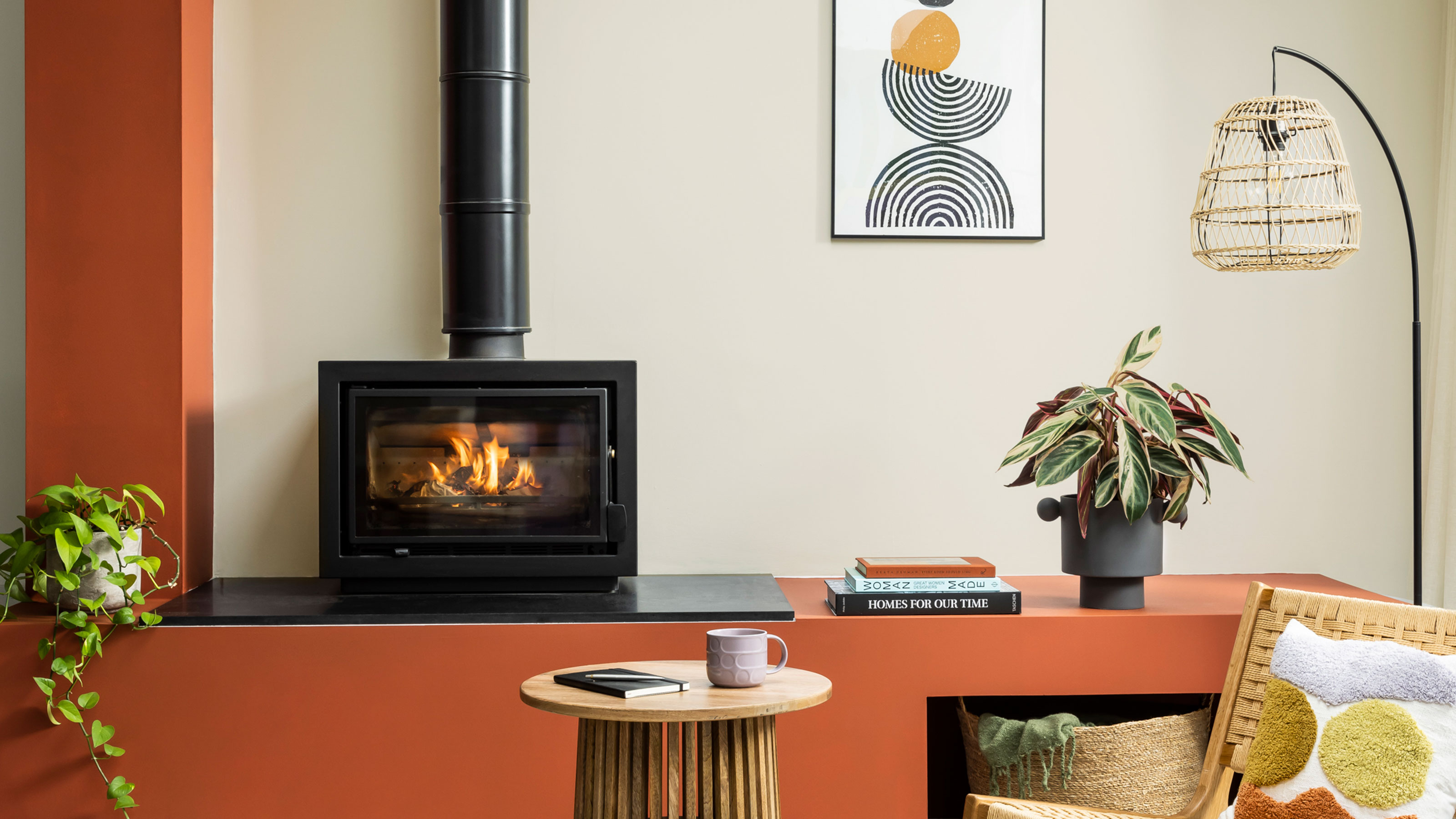

Painting is one of those easy DIY projects that most of us feel fairly confident doing, but it can be easy to get lost amidst the sea of painting myths that are best avoided.
While lots of us wouldn’t trust ourselves to safely build furniture, or fit a bathroom, painting a wall is a task that usually feels a little less daunting and a little more doable – exciting, even, if we're looking to try the latest paint trends of 2023!
5 painting myths to ignore
That doesn’t mean though we aren’t sometimes left confused by the rules of painting – particularly with regard to what *not* to do. Because there are lots of opinions out there, be it from DIYers on social media, or our friends and family.
But what do the experts say? We spoke to painting pros, who debunked some of the most common painting myths in order to help you avoid a decorating disaster.
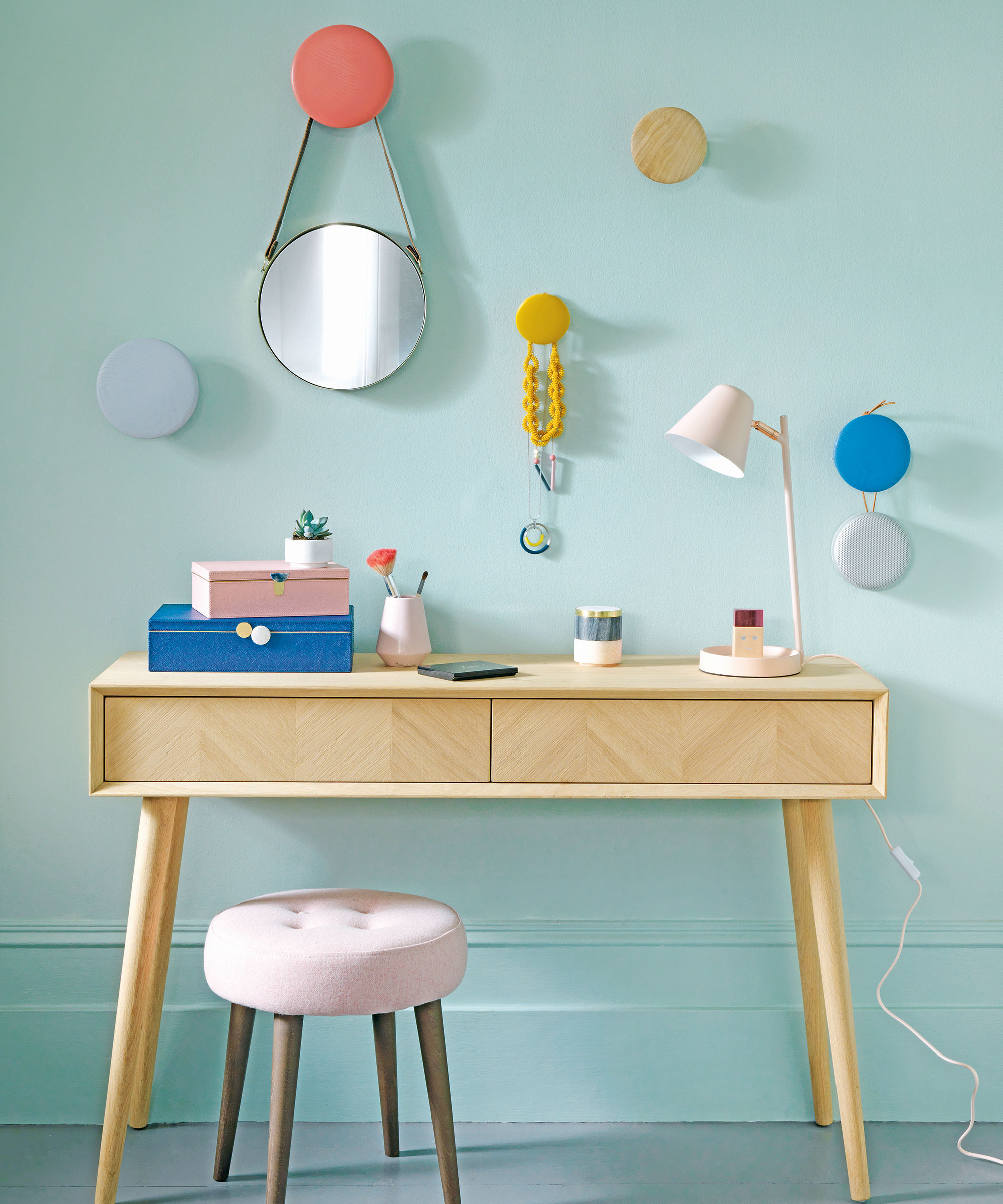
1. You don’t need to use a primer beforehand
You might feel like you can get away with not using primer, but Michael Rolland, DIY expert at The Paint Shed, explains that this is a paint myth you might regret in the long run. 'Doing this could lead to the paint peeling and wearing further down the line,' he says.
'As such, priming is an incredibly important step to getting a professional finish, as it helps the paint stick to the walls, enhancing the shine and blocking future stains.'
Interiors & paint expert at Valspar Paint, Sarah Lloyd, agrees, explaining that 'using a primer also means you will need to use fewer coats of paint to finish your wall, so it’s much more efficient, too.'
Get the Ideal Home Newsletter
Sign up to our newsletter for style and decor inspiration, house makeovers, project advice and more.
2. Paint never goes off or bad

It’s unlikely, whenever we’re trying our latest paint ideas, that we’ll use the entire pot of paint; which means we'll often have a half-empty pot lying around for months, even years. But, Michael urges that 'it’s important to remember that all paint does eventually go bad.'
How long does it last then? 'Open paint can last around 5 years on average if properly stored and sealed. However, most brands will recommend using the paint within 6 months of purchase to avoid any deterioration in the paint quality,' he says. Luckily, there are plenty of ideas for what to do with leftover paint!
3. The type of paint you use doesn’t matter
'Not all paints have the same finish, some are oil-based whilst others are water-based,' Michael explains. This means that the brilliant white paint you've used for your walls won’t necessarily work for your cabinet, so don't assume it'll be fine!
'You must do your research when choosing the best paint for your surface. Different paint finishes work well on different surfaces and areas of your home,' he says.
4. You can paint over mould in your home
Most of us know that getting rid of mould is something that should be addressed and treated properly – and that means that painting over it is a big no-no, despite what some might say.
'We would strongly advise against painting over mould, as it's most likely a sign of damp within your walls and will need to be treated,' Sarah says. 'You should never just paint over mould or try and wipe it away, because this can make the problem worse.'
Michael agrees, warning, 'If simply left untreated and covered up with paint, the mould will regrow working its way through the walls and ceilings, eating through the coatings of paint – and you will be left back in the same situation as before.'
5. You can add essential oils to paint to improve the smell
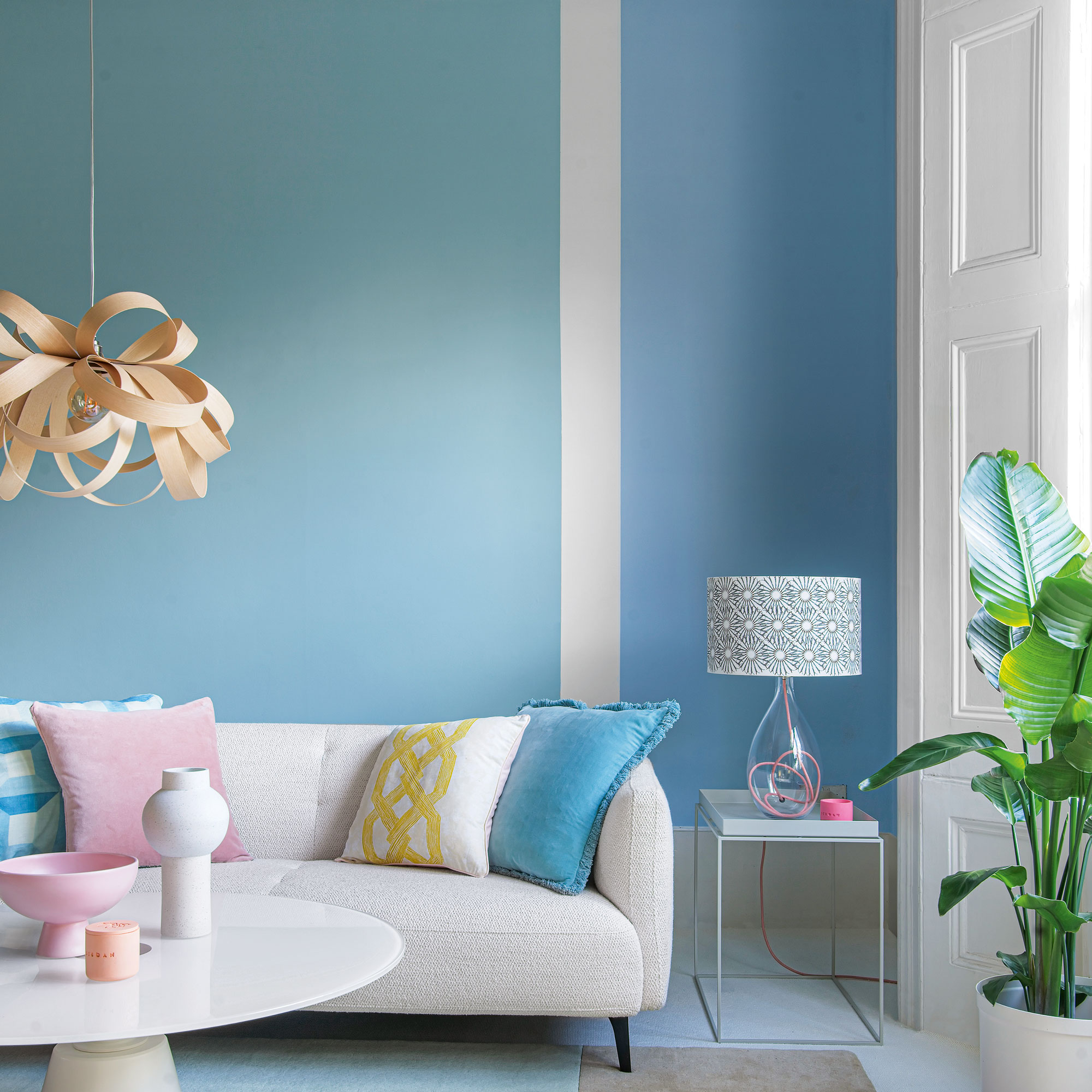
Some DIYers on social media suggest – whether you're planning hallway paint ideas, or living room paint ideas – that you can safely add essential oils to your paint to make it smell better – but this is yet another myth.
Sarah explains, 'We wouldn’t advise adding essential oils to paints, especially if they are oil-based paints, as it will act as a solvent, and make your paint thinner, affecting the paint finish. Michael agrees, sharing that, 'Some essential oils don’t mix with the paint properly, which could cause application issues.'
He adds, 'Most modern paints have lower fumes and less odour, meaning that they smell better to begin with. If not, the best way to minimise indoor paint smells is to keep the room well-ventilated and open a window.'
If you're cracking open the paint this week, be smart and don't fall for these mistakes.

Amy Hunt is an experienced digital journalist and editor, now working in a freelance capacity specialising in homes and interiors, wellness, travel and careers. She was previously Lifestyle Editor at woman&home, overseeing the homes, books and features sections of the website. Having worked in the industry for over eight years, she has contributed to a range of publications including Ideal Home, Livingetc, T3,Goodto, Woman, Woman’s Own, and Red magazine.
-
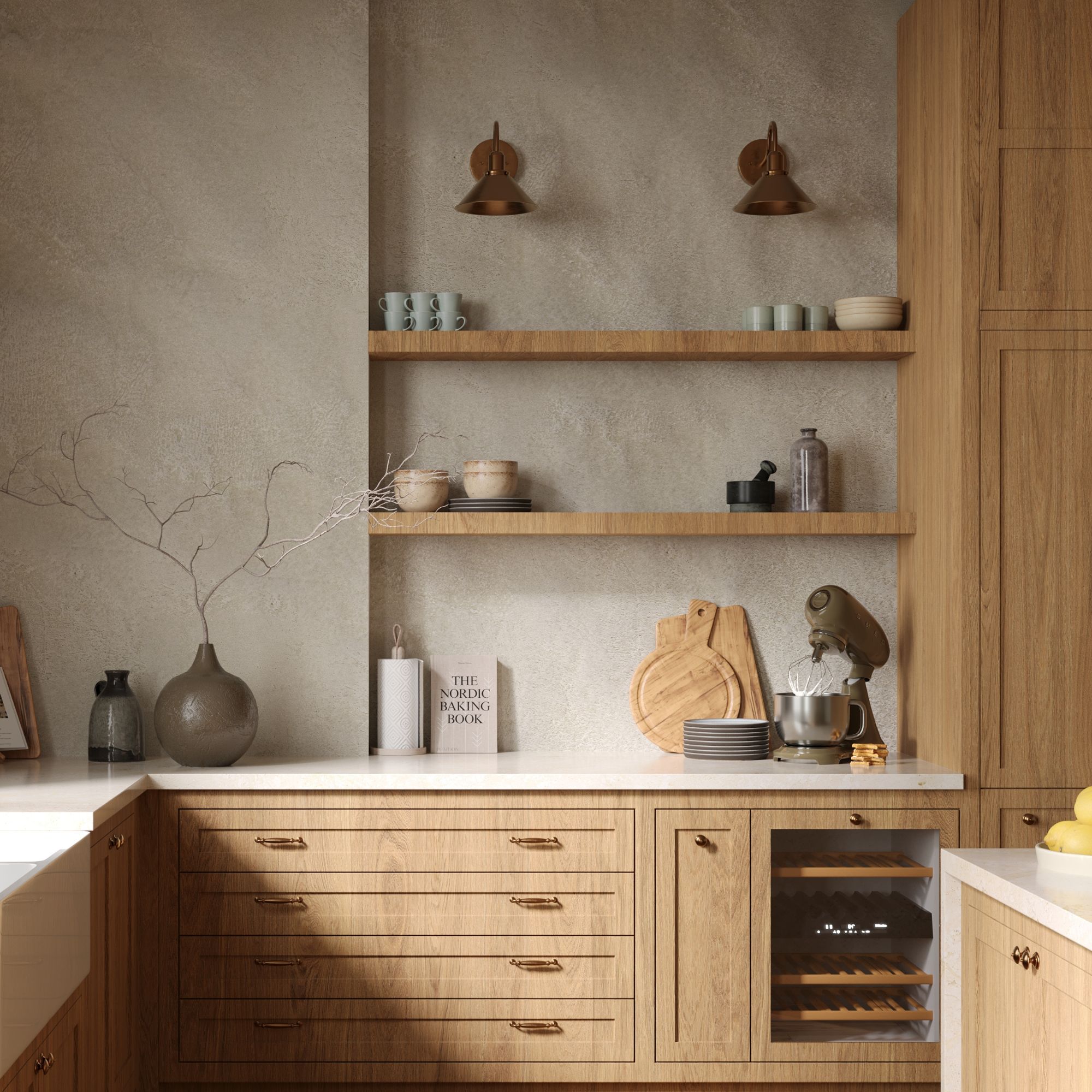 Wood drenching is the calming new twist on the colour drenching trend – here’s how to make the look work in your home
Wood drenching is the calming new twist on the colour drenching trend – here’s how to make the look work in your homeIt’s easier than ever to embrace natural materials
By Maddie Balcombe
-
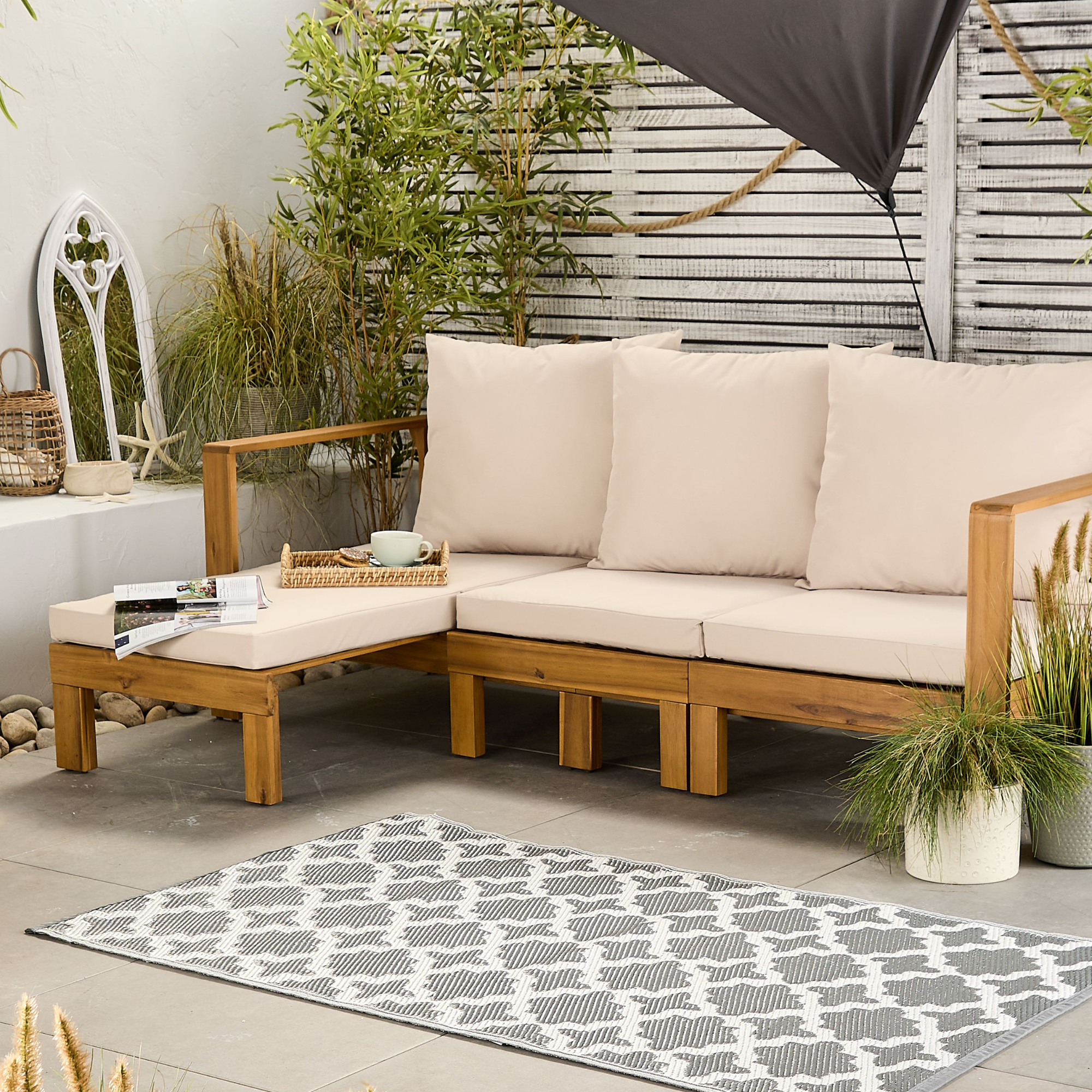 Aldi is launching a £200 day bed with four different features - its sleek design is suited to the whole family
Aldi is launching a £200 day bed with four different features - its sleek design is suited to the whole familyYou don't want to miss out on this Specialbuy
By Kezia Reynolds
-
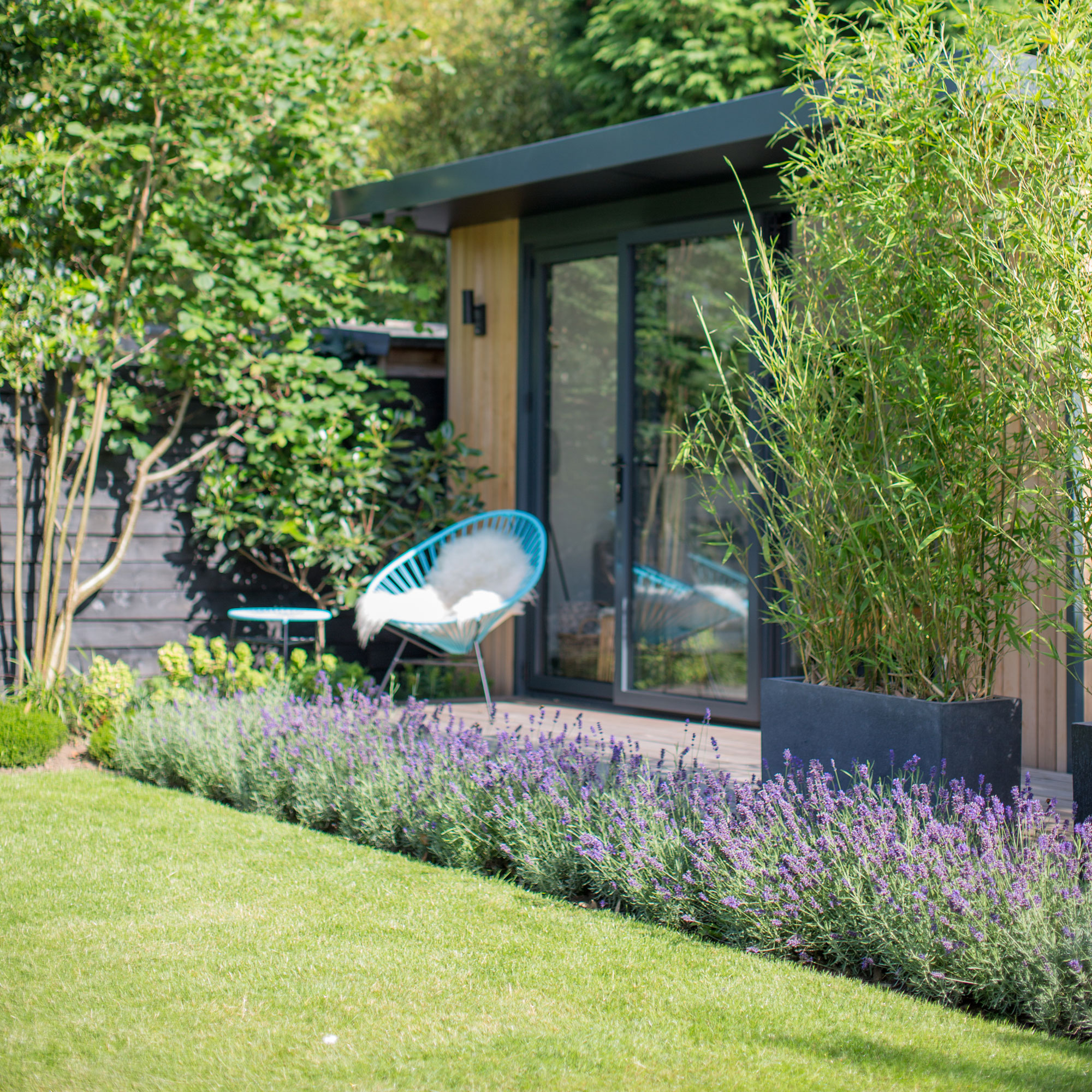 How to set up a drip watering system that saves water and a lot of effort
How to set up a drip watering system that saves water and a lot of effortKeep your plants hydrated (and your water bill down) with this clever garden watering solution
By Natalie Osborn